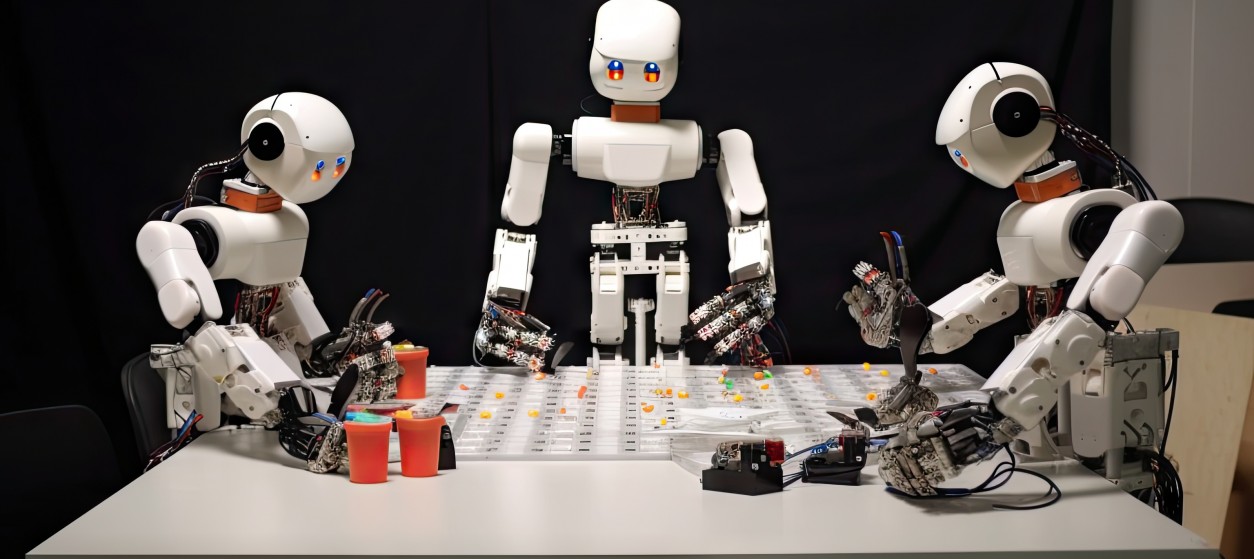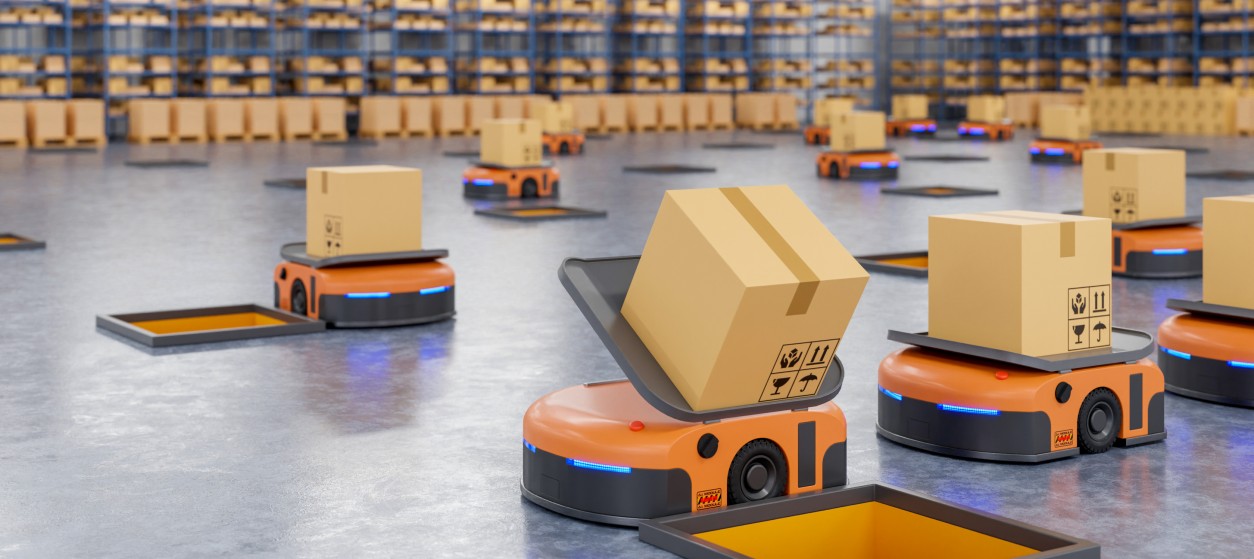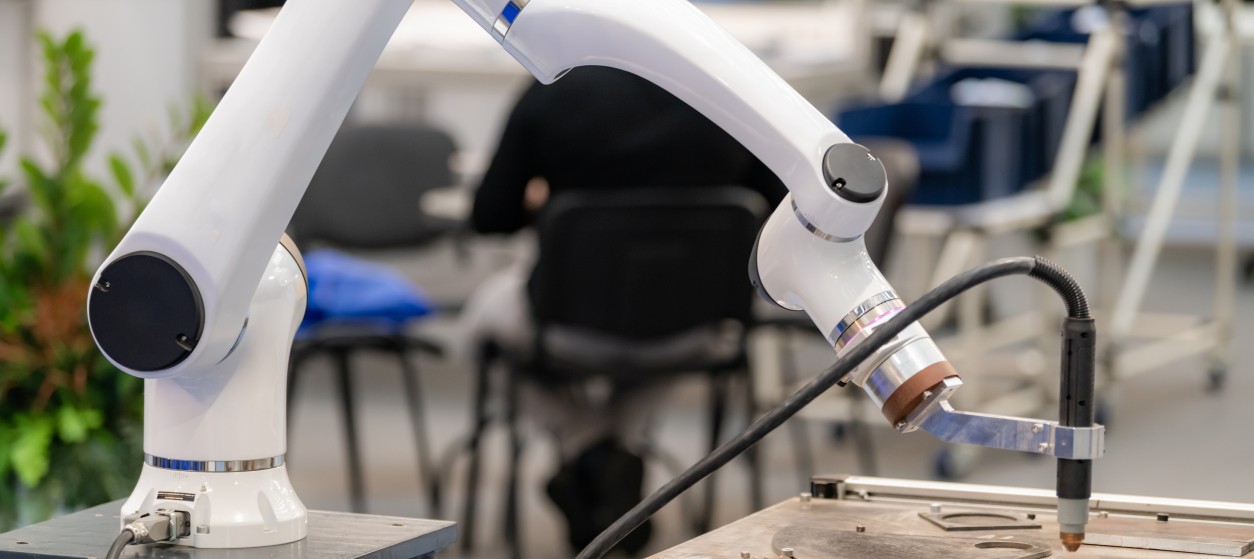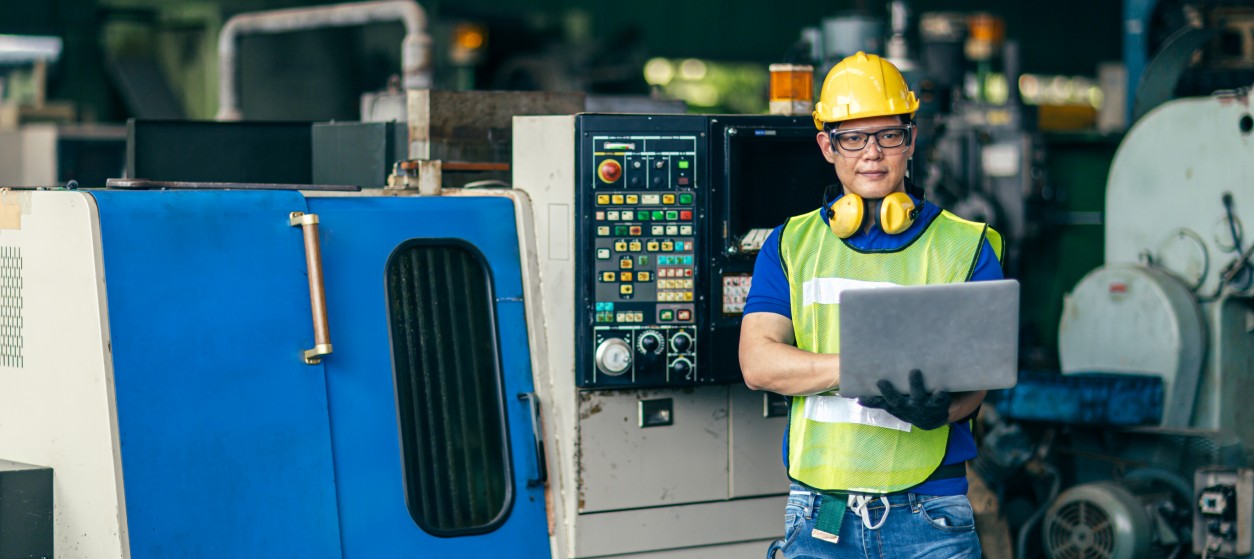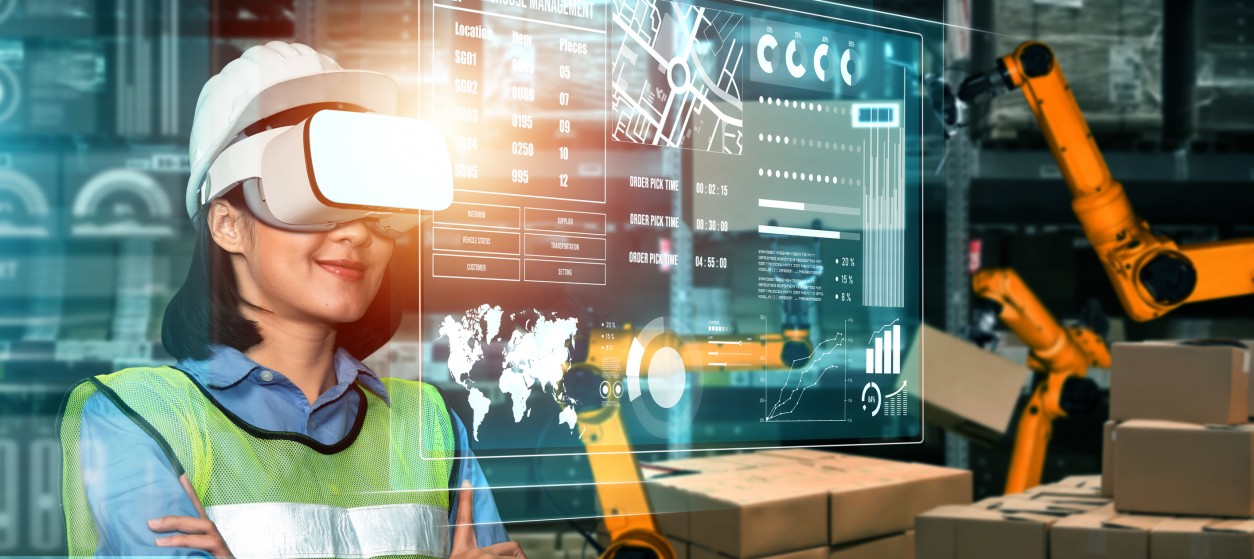In the world of technology, there is a constant need and desire to innovate and find more efficient ways to accomplish tasks. During the last couple of months, the advent of Large Language Models (LLMs) has enabled a host of Artificial Intelligence (AI) applications that improve productivity. The most profound impact is attributed to OpenAI’s ChatGPT, which recently become the computer application with the fastest adoption rates in the history of technology. Specifically, ChatGPT’s user base grew to 1 million users in just five days, breaking previous records held by Instagram and Spotify. ChatGPT utilizes deep learning techniques and Natural Language Processing (NLP) techniques to generate human-like responses in conversations. It can understand context, answer questions, and even showcase a level of creativity. Initially, ChatGPT was trained by exposing the model to a vast amount of internet data, which empowered it with the ability to comprehend and generate text effectively.
Companies realized very soon that this generative AI breakthrough has the potential to revolutionize the way we work and increase productivity in various industries. Notably, ChatGPT is proving to be particularly beneficial for average workers, rather than just the highly skilled ones, which opens exciting possibilities for organizations everywhere.
Understanding ChatGPT’s Potential for Improving Productivity
Human productivity is a subtle theme, and it is always quite challenging to prove the contribution of productivity tools powered by AI on it. In the case of ChatGPT one key aspect is that it can act as a valuable assistant to professionals in various fields. Imagine scenarios where an employee has multiple concurrent projects, with numerous details and deadlines to manage. Instead of wasting time shifting through files or searching for answers online, they can simply have a conversation with ChatGPT. The model can quickly provide relevant information, clarify doubts, and even suggest potential solutions. In this way, it allows the employee to make quicker and better-informed decisions.
Moreover, ChatGPT acts as a repository of knowledge. It can access and retrieve information from a wide range of sources, making it an efficient tool for research purposes. Average workers often struggle to keep up with the vast amount of information required for their job. ChatGPT enables them to augment their knowledge quickly. This is especially beneficial in fields where there are frequent updates and advancements, such as technology, healthcare, media, and finance. Workers can use ChatGPT to stay up-to-date and ensure that the quality of their work remains high, which ultimately leads to a productivity boost.
Another significant advantage of ChatGPT is its ability to assist in generating content. For many years, writing reports, articles, or even long emails can be time-consuming and may require extensive research. Nowadays ChatGPT can help streamline this process by providing suggestions, proofreading, and offering alternative phrases or structures. This saves time and helps employees focus on more critical aspects of their work, such as analyzing data or making strategic decisions.
An on-going study by MIT on ChatGPT productivity provides early quantitative evidence about Artificial Intelligence productivity and about ChatGPT’s boost in productivity. Specifically, it is estimated that ChatGPT can improve productivity by 37%. It is also possible to increase this percentage based on proper training of the end-users of the generative AI tool.
Achieving More by Working Less: The Exciting Future of Work with Generative AI
The future of work with AI looks promising as we step into the era of ChatGPT and other Generative AI tools. This transformative technology has the potential to enhance productivity and efficiency in ways previously unimaginable. One intriguing aspect is the prospect of workers achieving more while working less. This exciting news heralds a new era of work-life balance and increased job satisfaction.
Generative AI, such as ChatGPT, enables workers to accomplish tasks at an accelerated pace. With the ability to generate human-like responses, access vast amounts of information, and provide valuable insights, AI-powered assistants become valuable allies in the workplace. This means employees can delegate repetitive or time-consuming tasks to these assistants in order to free up their own time and mental capacity for more complex and creative endeavors. With ChatGPT and Generative AI workers can focus on high-value activities that require their expertise and uniquely human skills. For instance, instead of spending hours on data entry, research, or administrative duties, employees can delegate these tasks to AI-powered solutions. This shift in workload allows them to concentrate on problem-solving and to cultivate innovation within their respective fields.
The idea of working less while achieving more may sound like an unrealistic dream, but Generative AI is turning that dream into a reality. Every day, generative AI tools help organizations create environments that value efficiency and work-life balance, ultimately leading to happier and more fulfilled employees. In the future, the integration of Generative AI into the workplace will not only revolutionize productivity but will also redefine the traditional concept of work. With more time freed up, employees will be able to engage in professional development, pursue personal passions, and spend quality time with loved ones. This exciting future of work holds the promise to brings us closer to achieving a well-rounded and fulfilling life.
ChatGPT and Democratization of Work
It’s important to note that the productivity benefits of ChatGPT extend beyond highly skilled professionals. While experts in their respective fields already possess in-depth knowledge, ChatGPT proves to be especially valuable for average workers. These employees often find themselves spending significant time searching for information or seeking the advice of more experienced colleagues. With ChatGPT, they can access the knowledge and guidance they need with ease. This will help them eliminate unnecessary delays and boost their efficiency.
In this context, ChatGPT signals a significant shift in the productivity landscape. Traditionally, the focus has been on providing tools and resources for the highly skilled, assuming that they are the ones who bring the most value to an organization. However, by empowering average workers with tools like ChatGPT, organizations can tap into a new level of productivity and innovation.
Generative AI empowers workers across different roles and positions to achieve more within their designated working hours. Using AI systems for performing routine tasks and accessing valuable insights, employees can complete their responsibilities efficiently, leading to increased productivity and job satisfaction.
Overall, the introduction of chatbots in productivity and the emergence of generative AI mark an exciting turning point in productivity enhancement. The ability to access information, generate content, and provide valuable insights in a conversational manner increases efficiency and empowers workers across industries. Importantly, the benefits of ChatGPT insights extend not only to highly skilled professionals but also to average workers who can now access knowledge and guidance with ease.
Nowadays a proliferating number of organizations explore the possibilities of generative AI, and conversational AI which makes it crystal clear that chatbots in business productivity are shaping up to be a game-changer in the way we work and collaborate. The emergence of Generative AI ushers in groundbreaking opportunities for workers to achieve more by working less, while proving that machine learning and efficiency go together. In the medium and long term, the impact of AI on productivity will allow for increased efficiency, job satisfaction, and a better work-life balance.
